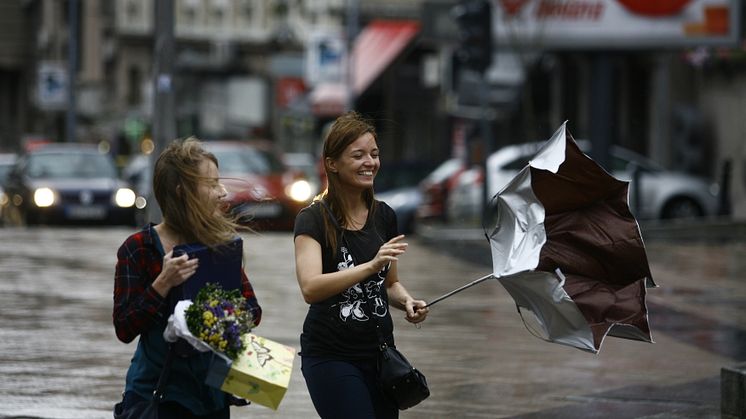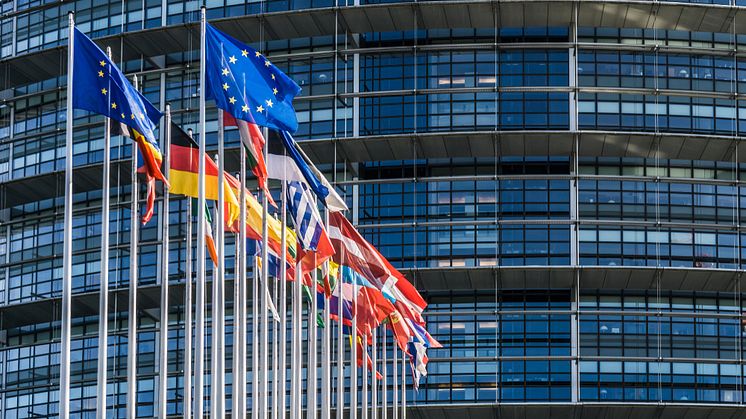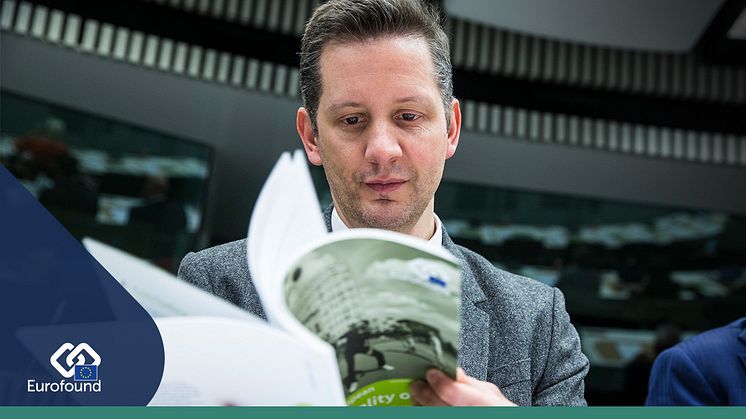
News -
29 years since reunification and quality of life in Germany higher than EU averages
Germany this week celebrates 29 years since reunification, and next month will celebrate the 30th anniversary of the fall of the Berlin Wall. To mark this significant time, we share our research data, findings and analysis to provide a snapshot of Germany’s living and working conditions.
Eurofound has been monitoring and reporting on living and working conditions in Germany, in comparison to the other EU Member States, for over 40 years.
Germany continues to see economic growth, albeit slower than in previous years, with GDP rising by just 1.5% in 2018 compared to 2.2% in 2017. Between 2012 and 2017, Germany’s GDP grew by 5.7% - below the EU average of 7.4% for the same period.
Despite this economic slowdown, the German labour market shows few signs of being affected, with the unemployment rate decreasing to 3.1% in August 2019 - the second lowest rate across the EU28. In fact, unemployment rates for all categories are below EU average figures, in particular youth unemployment, which stood at 6.2% in 2018 far below the EU28 average of 15.2%.
Since reunification Germany has made substantial progress, with eastern Germany's economic strength reported to be 75% that of the western German level in 2018, increasing from 43% in 1990. Furthermore, wages are reported to be 84% that of the western part of the country, up from 81% in the previous year.
Germans report some of the highest perceived quality of life standards across the EU with childcare services, public transport, the education system and health services all rated well above EU averages. Life satisfaction has increased from 7.2 in 2007 to 7.3 in 2016, while the share of people reporting difficulties in making ends meet decreased by almost 10 percentage points to 21% in 2016, below the EU average of 39%.
In Germany, optimism for the future is high with 68% feeling optimistic for their own future, above the EU average of 57%. However, some were less optimistic when thinking about their children’s or grandchildren’s future, with optimism levels dropping to 58% - a trend that is emerging in many other western EU Member States.
Overall, Germany reports very high quality of life and a strong economic situation with some of the lowest levels of unemployment across the EU28, however as highlighted by the German Chancellor recently, it is important that work is done to create equal living and working conditions in all parts of Germany.
See more of Eurofound’s research data and analysis of Germany here.




